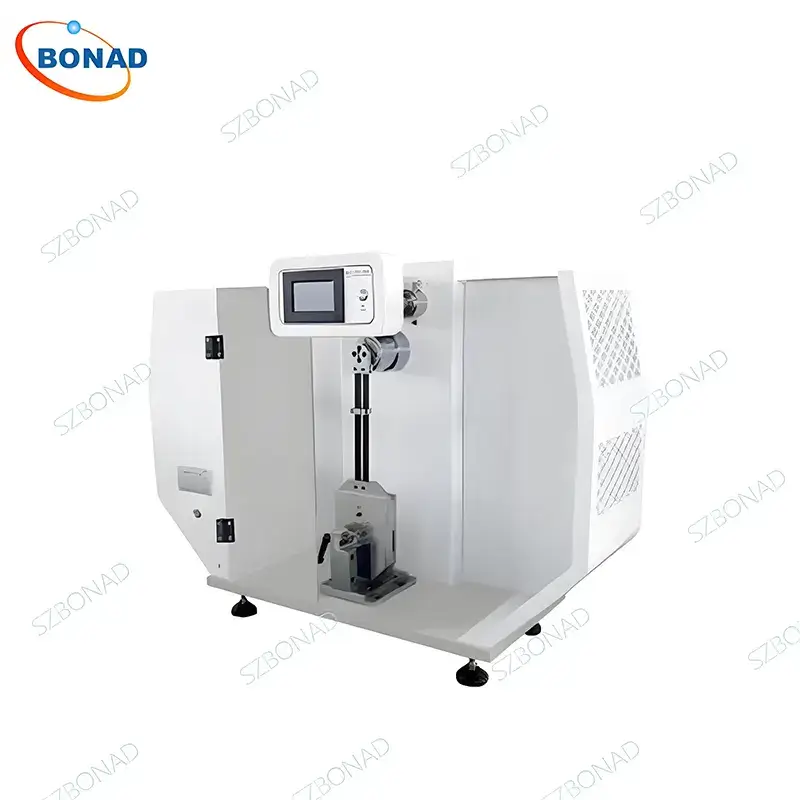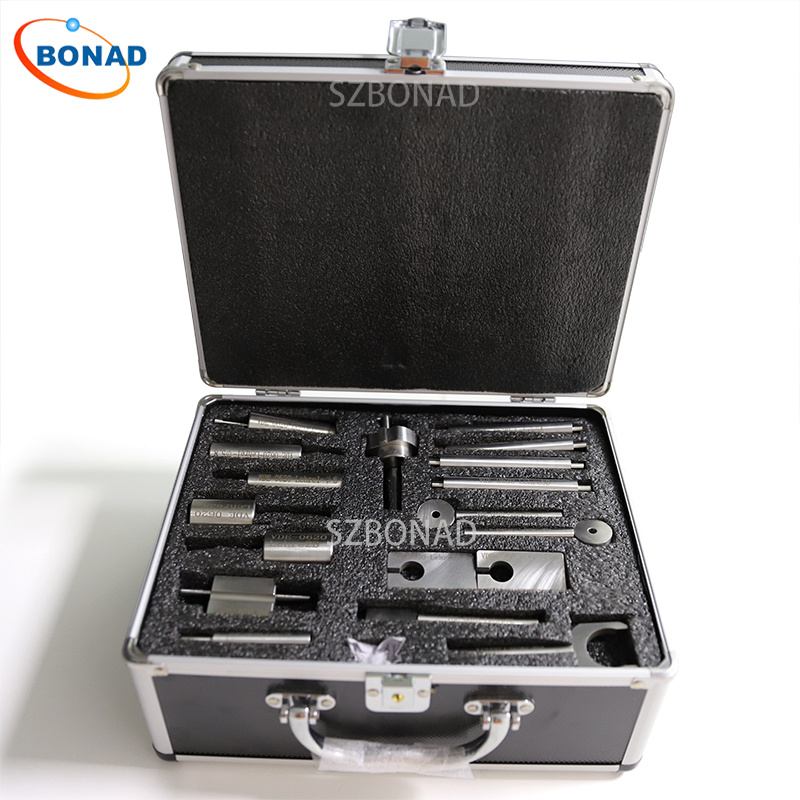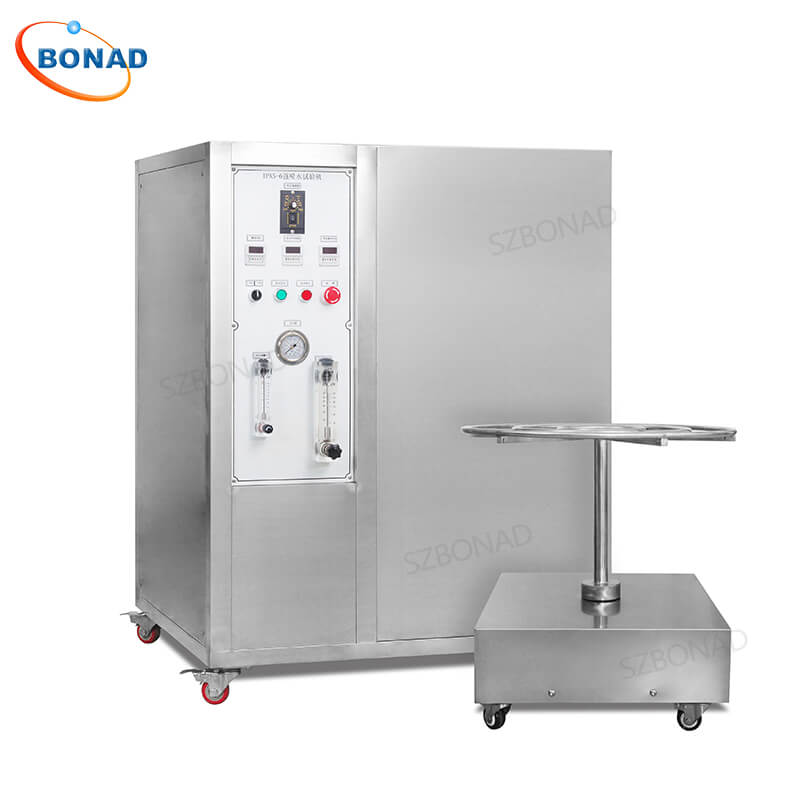Pendulum impact testing machines are essential for measuring the impact resistance of materials such as composites, polymers, and light alloys. In industries like automotive, where components are often exposed to collision risks, accurate impact testing is critical. With growing demands for efficiency, precision, and safety, selecting the right pendulum impact tester is more important than ever.
Here are the top five considerations to keep in mind when choosing pendulum impact test equipment:
1. Throughput
Automotive quality control (QC) laboratories often need to perform hundreds of tests daily, sometimes using different methods based on product specifications. High-throughput pendulum impact testers help meet these demands efficiently. Key features to look for include:
- Pre-defined test methods for quick switching between configurations.
- Automatic hammer identification to match the hammer to the test method.
- Tool-free hammer and fixture changes.
- Automatic notching machines capable of processing up to 50 samples per cycle.
These features reduce downtime and increase testing speed, making them ideal for high-volume environments.
2. Repeatability
Accurate and repeatable results are non-negotiable in critical applications involving polymers, composites, and light alloys. To minimize errors caused by vibrations or loose fastenings:
- Choose pendulum testers with solid monolithic cast iron frames.
- Opt for fixtures designed for specific sample thicknesses, including miniaturized samples.
- Utilize software that reduces manual inputs and limits human error.
A robust structure and intelligent software ensure consistent and reliable outcomes.
3. Flexibility
As material varieties expand, testing equipment must adapt. Pendulum impact testers should accommodate:
- A wide range of hammer energies (from 0.5J to 50J).
- Different sample sizes and shapes, including miniaturized specimens.
- Easy switching between fixtures and test setups.
Advanced testers offer the versatility needed to handle diverse materials and testing standards.
4. Safety
Pendulum impact testers operate with high-energy moving parts and may release toxic fumes or dust. Important safety features include:
- Fully enclosed test areas to prevent operator exposure.
- Two-hand operation for hammer release.
- Pneumatic release systems with safety interlocks.
These measures protect operators and maintain a safe working environment.
5. Temperature Control
Material properties, including impact resistance, can change with temperature. For low-temperature testing (e.g., -60°C):
- Integrated thermal chambers enable rapid cooling and temperature stability.
- External cooling chambers can condition multiple specimens simultaneously.
- Specimen feeder boxes allow continuous testing while maintaining temperature.
These features ensure accurate and repeatable results under sub-zero conditions.
Conclusion
Pendulum impact testers, such as Charpy and Izod systems, have evolved to meet the rigorous demands of modern QC laboratories. When selecting a pendulum impact testing machine, prioritize throughput, repeatability, flexibility, safety, and temperature control. Advanced systems with automated features and robust designs offer the performance needed for high-stakes industries like automotive.
To learn more about high-performance pendulum impact testers, explore the BONAD impact pendulum range today.



